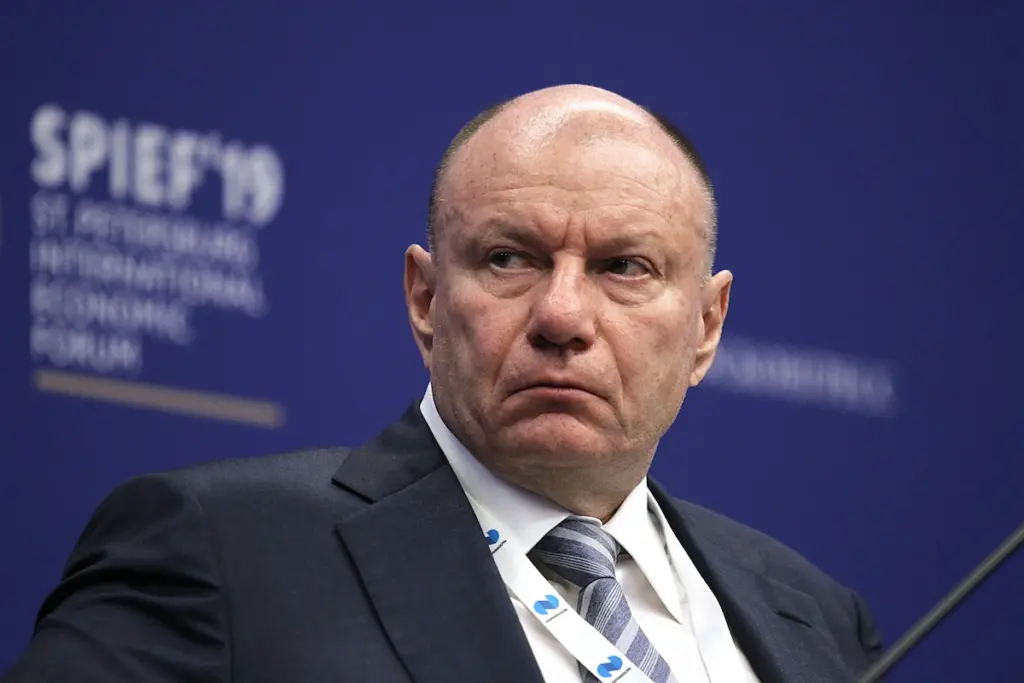
A growing number of high-net-worth individuals are filing for divorce in overseas courts in an effort to secure more favourable financial settlements, leading to a surge in disputes over whether British or foreign courts should have jurisdiction.
According to law firm Nockolds, the number of divorce disputes in the Family Court and the Family Division of the High Court of England & Wales has more than doubled since 2019, rising from 62 to 126 published judgments. This sharp increase is largely driven by cases where divorce proceedings were initiated abroad, the firms says.
[See also: Divorce Day: Family lawyers on how to have a better separation]
Courts in England and Wales are generally inclined to divide wealth equitably between the financially dominant party and the financially weaker, taking into account various factors such as contributions to the marriage and future financial needs. In contrast, many foreign jurisdictions favour breadwinners, allowing them to retain a larger share of their assets, particularly those acquired before marriage. This has lead to London being dubbed the ‘divorce capital of the world’.
Senior associate Kaja Viknes from the family law team at Nockolds said the number of contested foreign divorces continued to rise as wealthy individuals seek to protect their fortunes. ‘We are seeing a rising number of foreign divorces being challenged in the British courts,’ she said.
‘Wealthy individuals are increasingly instigating proceedings overseas, believing that foreign courts will allow them to keep a larger proportion of their wealth. Settlements in the British courts tend to be more favourable to the financially weaker party.’
Complex and costly disputes
The issue of jurisdiction can be complex, particularly for internationally mobile couples. Courts assess a couple’s ‘centre of interests’, such as habitual residence, but this is often open to challenge in cases where both parties have strong ties to multiple countries.
[Best family lawyers for high-net-worth clients in 2024]
‘As wealth taxes rise and the UK’s business environment becomes more challenging, the exodus of wealthy individuals is expected to continue,’ Viknes adds. ‘If one party is unwilling to relocate and the relationship subsequently breaks down, we may see even more of these complex and costly jurisdictional disputes.’
Potanina v Potanin
Last year, a judgment handed down by the Supreme Court in Potanina v Potanin was described as having ‘narrowed the window for divorce tourists’ in London.
The case centred on whether Natalia Potanina should be allowed to bring a $6 billion claim for financial relief against her former husband, the sanctioned Russian billionaire Vladimir Potanin, in the English courts, despite having already litigated widely in Russia.
[See also: The best divorce lawyers in London]
Jennifer Dickson, partner in the divorce and family team at Withers, said the judgment ‘sent a warning shot’ to those divorced overseas who ‘want to try their hand in the English family court’.
She added: ‘The forum shopping floodgates to London were partly closed this morning. From hereon, judges must now give the financially stronger party a proper chance to object to those arguments.’

Writing for Spear’s, Charles Hale KC, a family barrister at 4PB, explained why those divorced abroad seek the support of English courts: ‘The English court system allows a party who feels they have not been sufficiently provided for in their foreign divorce award to try and bring further proceedings for financial provision, provided they can successfully argue the English court has jurisdiction to hear the argument. ‘
The power of English Courts
One of the key reasons high-net-worth individuals seek foreign jurisdictions is the greater investigatory power of the English courts. English courts can scrutinise financial resources in greater depth than many foreign courts, including assets held indirectly through trusts and corporate structures. This level of transparency, combined with a general principle of dividing assets equitably, makes England & Wales a less attractive venue for individuals looking to shield wealth from their spouse.
Kiren Dhillon, a senior associate at Nockolds, said. ‘Many foreign courts will privilege breadwinners over homemakers, such as by ring-fencing assets acquired before marriage,’ she explains. ‘The English courts, however, aim for equitable distribution, regardless of when the assets were obtained.’
Even when a spouse has initiated proceedings abroad, English courts still retain the power to grant a financial settlement if the provision made overseas is deemed insufficient. ‘A spouse may still be able to obtain a divorce settlement in England and Wales, even if the primary proceedings have been initiated elsewhere,’ Dhillon says. ‘The courts also have the authority to make a separate financial settlement if the foreign ruling does not provide adequate financial provision.’
Tax changes and the future of jurisdictional disputes
The number of international divorce disputes is expected to rise further following significant tax changes set to take effect from April 2025. Under new rules, UK resident non-domiciled individuals will no longer be able to avoid tax on their worldwide income.
Additional financial pressures from the Autumn Budget, including increased estate and capital gains taxes and the imposition of VAT on private school fees, are further encouraging high-net-worth individuals to relocate. As a result, experts anticipate an increase in pre-emptive foreign divorce filings as individuals seek to finalise settlements before becoming fully subject to the new tax regime.
Dhillon advises that timing is crucial for those facing a jurisdictional dispute. ‘One key factor is which country’s legal process was initiated first,’ she explains. ‘Anyone who suspects their spouse may try to file for divorce in a foreign country should act swiftly. The choice of jurisdiction can also have significant implications for child custody, as divorce laws in many countries have differing biases in favour of mothers or fathers. Seeking expert legal advice at an early stage is essential.’






